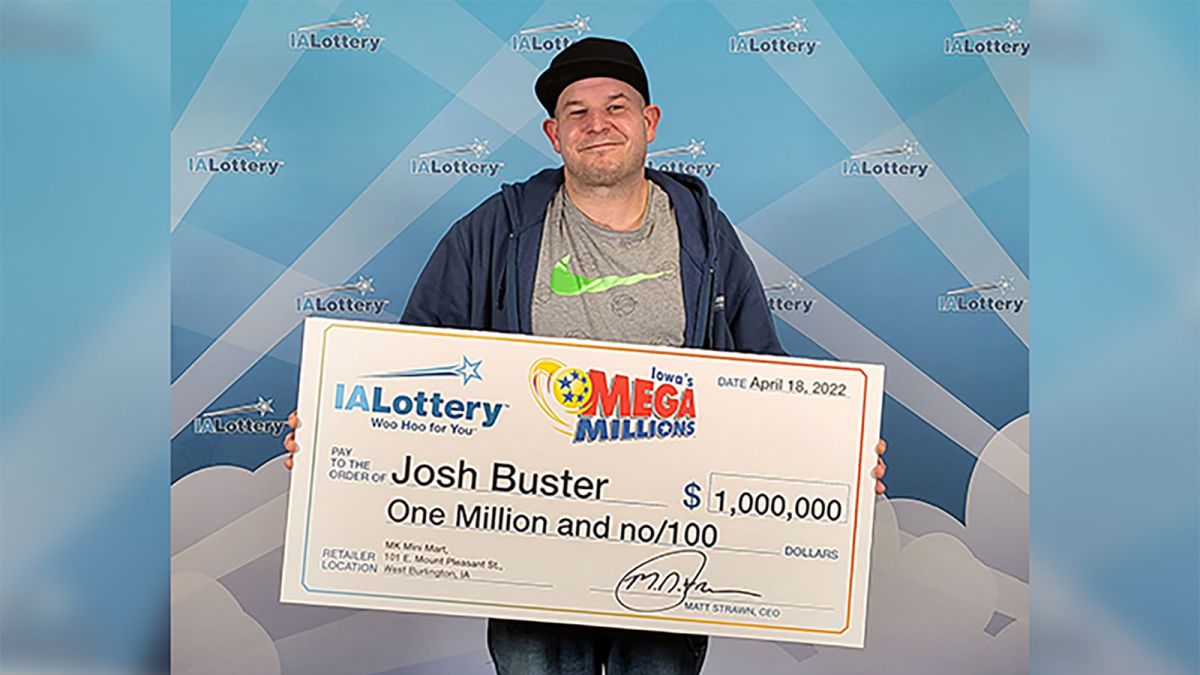
The history of the lottery can be traced to the 15th century in the Low Countries, where several towns held public lotteries to raise money for city fortifications and poor people. There are also records of lottery games that predate the fifteenth century, including those organized by the Roman Emperor Augustus to raise money for repairs to the City of Rome. The lottery’s prizes were typically articles of unequal value. Today, lottery games are a popular way to raise money for local projects.
The United States government regulates lottery ticket sales heavily to protect the citizens who spend billions on tickets. They want to protect the public by ensuring that the tickets are genuine and that the winning prize is actually awarded. Otherwise, it would become much more common for people to buy forged lottery tickets, and retailers would sell winning lottery tickets only to get the money. This practice would be illegal, and would lead to people losing money and getting scammed. Many lottery scams take advantage of people who are genuinely looking to win.
Although some state lotteries are not authorized to sell lottery tickets online, many are considering this option. There are currently just a handful of states that have legalized online sales, but more will follow suit in the future. In the meantime, it is recommended to purchase lottery tickets in your home state if you want to maximize your chances of winning the jackpot. If you live outside of a state, you can play a multi-state lottery, which pools the jackpots of several participating states.
Whether you’re a Hk Pools or have been playing the lottery for years, it’s always a good idea to download a lottery app and check out what’s available before you buy your ticket. You can also go online to check out what’s available and make a purchase on the lottery website. Just make sure to check out the game selection area to make sure you’ve chosen the right one. The ticket price, winning criteria, jackpot size, and next drawing date should all be clearly stated.
The Lottery’s revenue comes in three components. After income taxes, sales taxes, and corporate taxes, the lottery generates the state’s third largest source of revenue. Of the revenue that comes from the lottery, 61.9% goes to payout prizes, 7.5% to retailer commissions, and 3.5% to operational expenses. The rest is deposited into the General Fund of the State Treasury for public education, public health, and safety. As a result, the lottery generates a significant percentage of Maryland’s state revenue.

